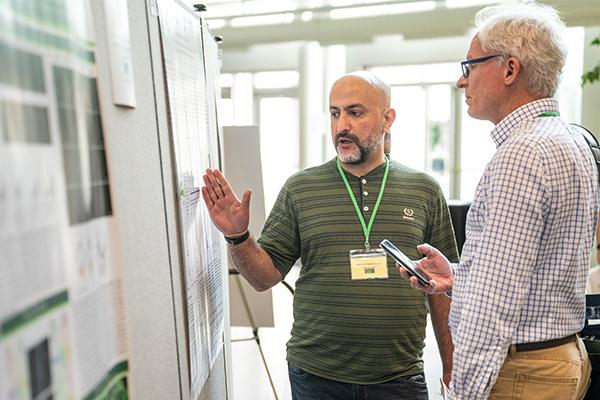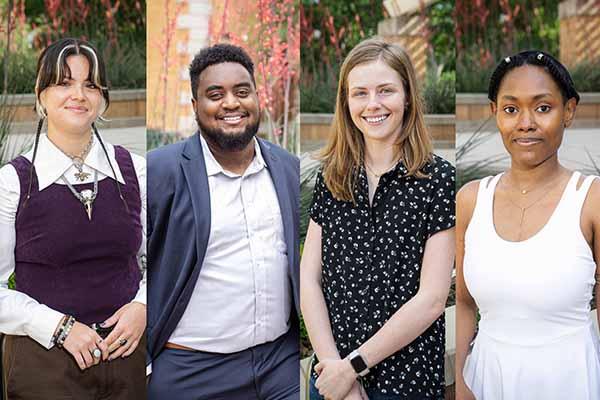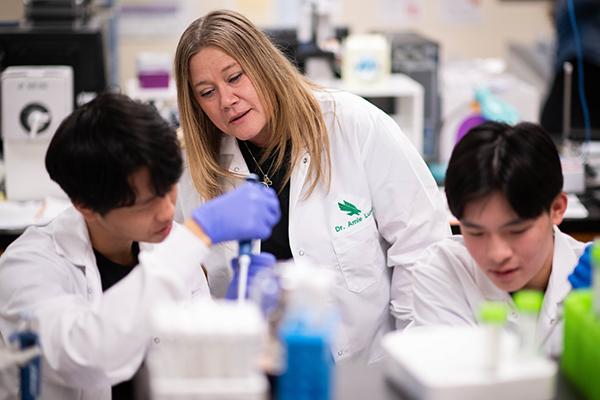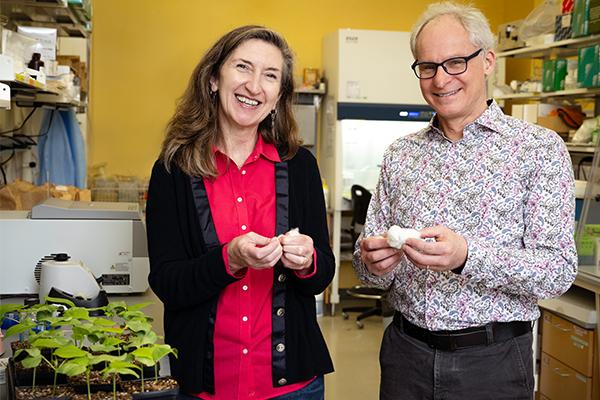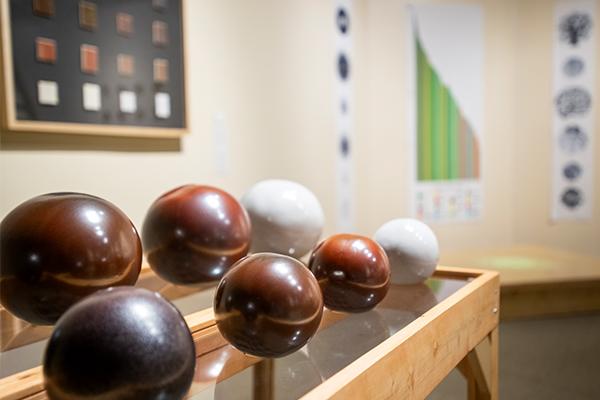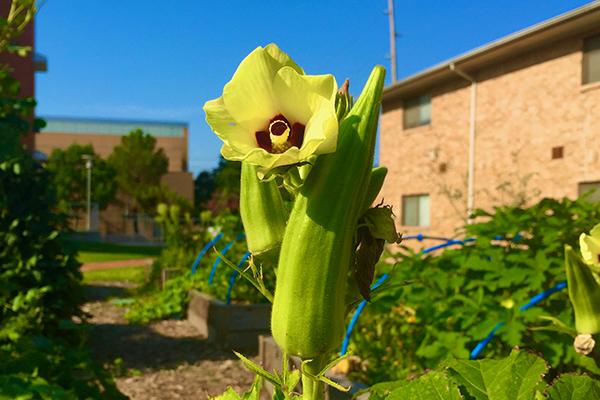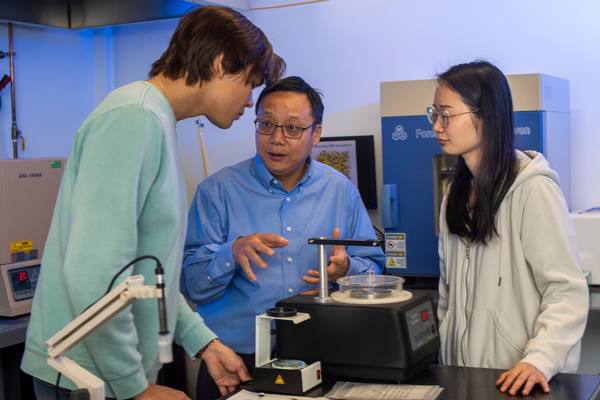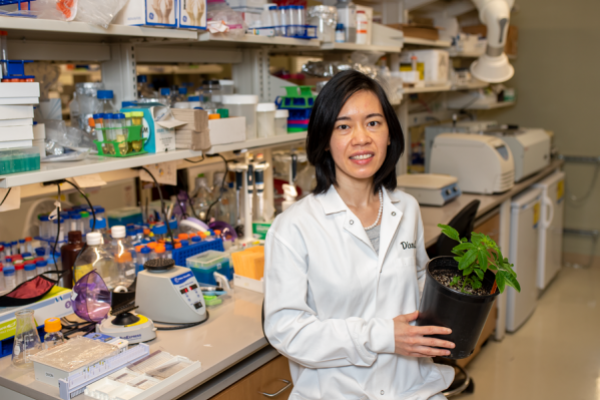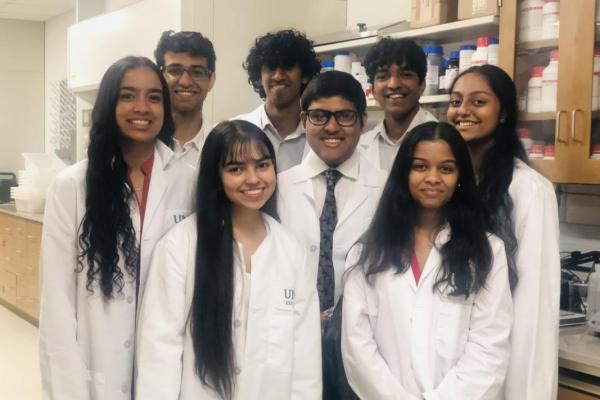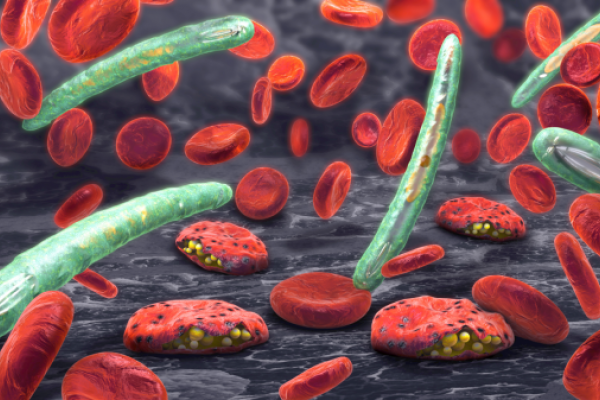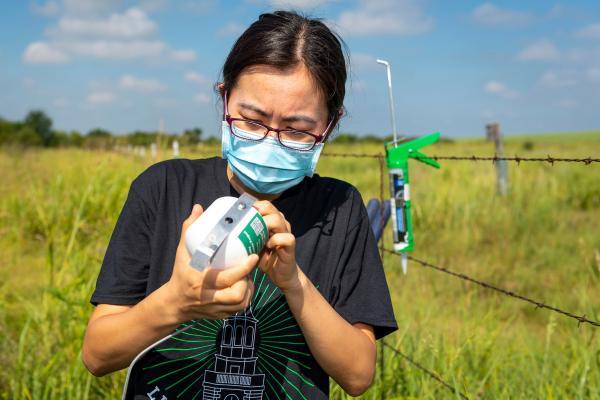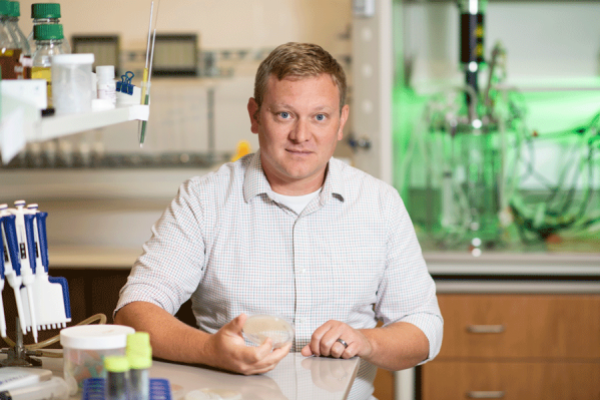 Main Menu Toggle
Main Menu Toggle
- Home
- News and Events
- VPRI
- Student Research
- Research Services
- Sponsored Project Handbook
- GRAMS
- Grants and Contracts Administration
- Pre-Award
- Post-Award
- Reports and Statistics
- Online PI Training
- Institutional Information
- Research Integrity and Compliance
- About RIC
- Human Subjects (IRB)
- IRB Protocol Submission
- IRB Forms and Templates
- Training and Education
- Multi-Institutional or Collaborative Research
- IRB Deadlines, Review, and Roster
- Human Subjects Research Determinations
- IRB Policies and Procedures
- External Resources
- Reporting a Concern
- Student Research Guidance
- Participant Compensation
- Human Subjects Recruitment
- Institutional Biosafety Committee (IBC)
- Animal Subjects (IACUC)
- Conflict of Interest (COI)
- Institutional Dual Use Research of Concern Committee (DURC)
- Export Control
- Federal Research Regulations
- International Affiliations in Research
- Responsible Conduct of Research (RCR)
- International Visiting Scholars
- Research Security
- Research Commercial Agreements
- Research Development
- Research Funding Opportunities
- Research Units & Facilities
- Institutes of Research Excellence
- University Managed Facilities
- Center for Agile and Adaptive Additive Manufacturing (CAAAM)
- NSF Regional Innovation Engines
- Emerging Research Centers
- Center for Microelectronics in Extreme Environments (CMEE)
- Publications
- Other Resources
- Contact Us
